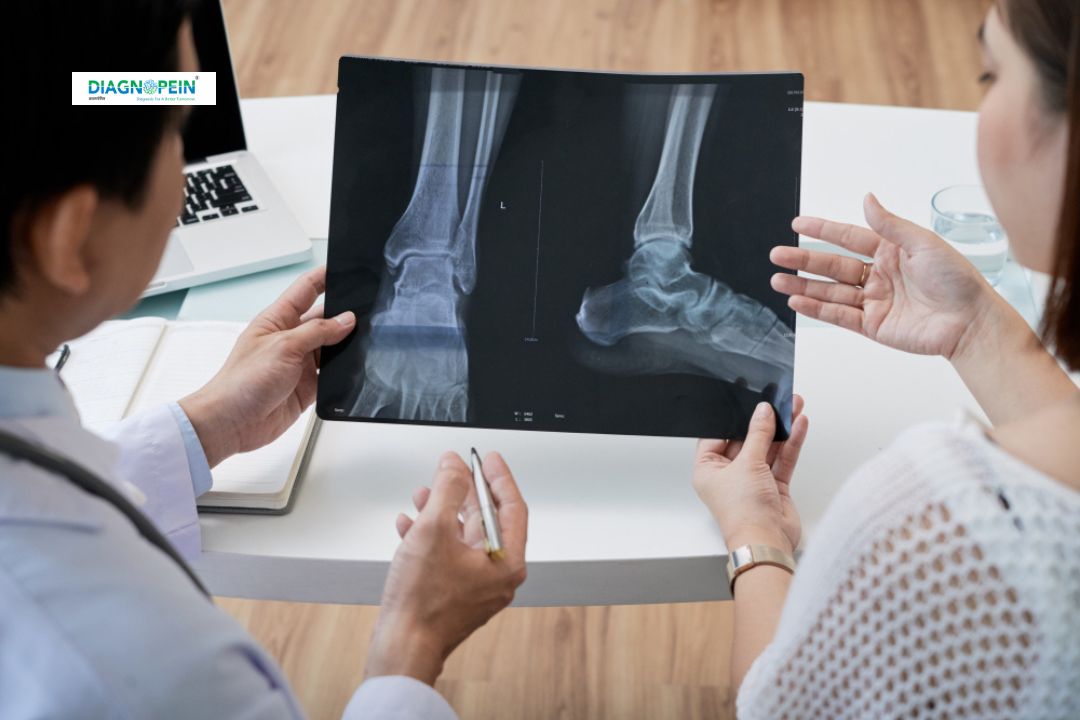Diagnopein MRI Ankle Centre in Karad

An MRI ankle scan is a vital imaging tool used to diagnose a wide range of ankle problems. It employs magnetic resonance imaging to produce detailed pictures of the bones, ligaments, tendons, cartilage, and soft tissues of the ankle joint without using radiation. Due to its unparalleled ability to visualize internal structures, an MRI of the ankle is crucial for detecting injuries, inflammation, arthritis, tumors, and other abnormalities that might not be visible on standard X-rays.








